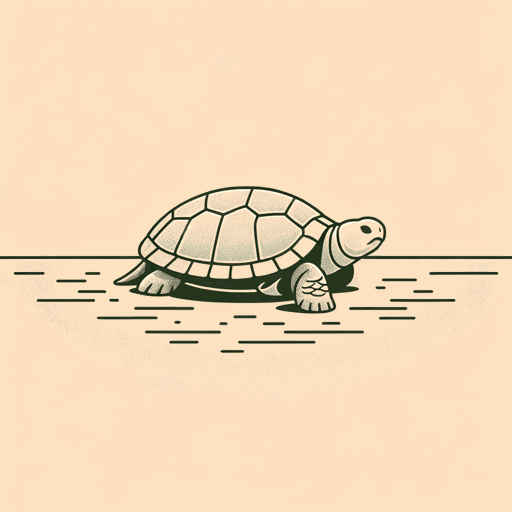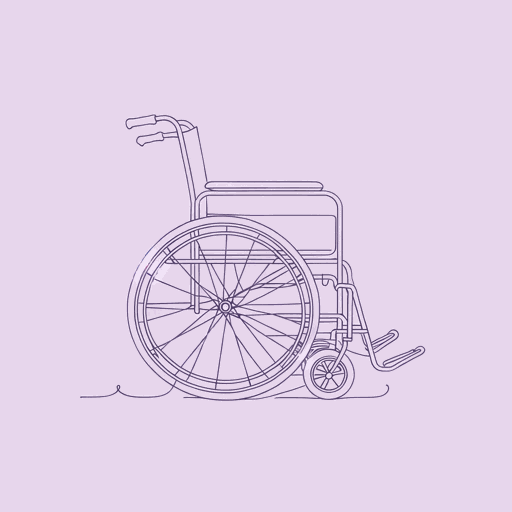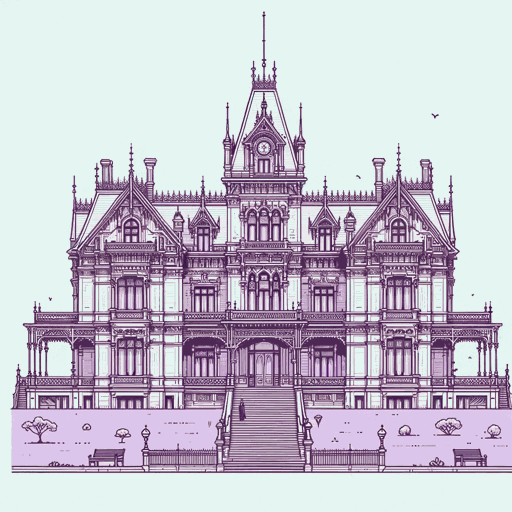58 pages • 1 hour read
Hanya YanagiharaThe People in the Trees
Fiction | Novel | Adult | Published in 2013A modern alternative to SparkNotes and CliffsNotes, SuperSummary offers high-quality Study Guides with detailed chapter summaries and analysis of major themes, characters, and more.
Important Quotes
Content Warning: This section of the guide discusses the sexual assault of children, cultural appropriation, and colonialism.
“I tick down the dozens of tiny chores that I complete, thoughtlessly, in a typical day—letters opened and answered? deadlines met? doors locked?—until finally, regretfully, I climb into bed. It is only on the lip of sleep that I remember that the very pattern of my life has changed, and then I experience a brief moment of melancholy. You would think that I would be able by now to accept the changed circumstances of Norton’s, and by extension, my life, but something in me resists; he was, after all, part of my routine for almost three decades.”
(Preface, Page 8)
Dr. Kubodera is Norton’s friend and colleague who collects and edits his memoirs. He is obsessed with Norton, and when Norton is imprisoned, he finds that his entire life is disrupted and struggles to come to terms with this new life. Dr. Kubodera’s commitment to Norton makes him an unreliable narrator, for his ultimate goal is to protect Norton’s reputation rather than to reveal the truth of his crimes.
“And Norton is, by their choice, no longer theirs: their near-mass abandonment of him during his recent hardships was nothing less than shocking. This was the man, after all, who had given them shelter, language, education—all the tools they needed to one day betray him, as indeed they did. Norton’s children learned the message of the West, and America, all too well; somewhere they learned that accusations of perversity are an easy sell, accusations that not even a Nobel Prize, a respected mind, could successfully withstand. It is a great pity; I had been fond of quite a few of them.”
(Preface, Page 18)
In this excerpt, Dr. Kubodera expresses his disappointment in Norton’s children for not standing by their adoptive father. Dr. Kubodera’s opinion comes from a sense of white saviorism, in which he believes that Norton’s children should support the man regardless of what he may or may not have done, simply because he saved them from the poverty of U’ivu.
“We treated her like most boys would treat small animals: kindly when we were feeling happy and generous, cruelly when we were not. It was intoxicating to know we had the power to make her shoulders relax, to make her lips part in an uncertain smile, and yet also to make her turn her face down, to make her rub her palm quickly against her leg, which she did when she was nervous or unhappy or confused.”
(Part 1, Chapter 1, Page 26)
Norton and Owen treat their mother terribly, seeing her as someone to be played with and manipulated, rather than as a parent to be respected. The lack of support they receive from their parents has a great influence on their adult lives, but the ease with which they gaslight their mother foreshadows Norton’s own easy manipulation of others later in the novel.
Related Titles
By Hanya Yanagihara
Featured Collections
Asian American & Pacific Islander...
View Collection
Challenging Authority
View Collection
Colonialism & Postcolonialism
View Collection
Community
View Collection
Magical Realism
View Collection
Popular Book Club Picks
View Collection
Power
View Collection
Sexual Harassment & Violence
View Collection
The Best of "Best Book" Lists
View Collection



